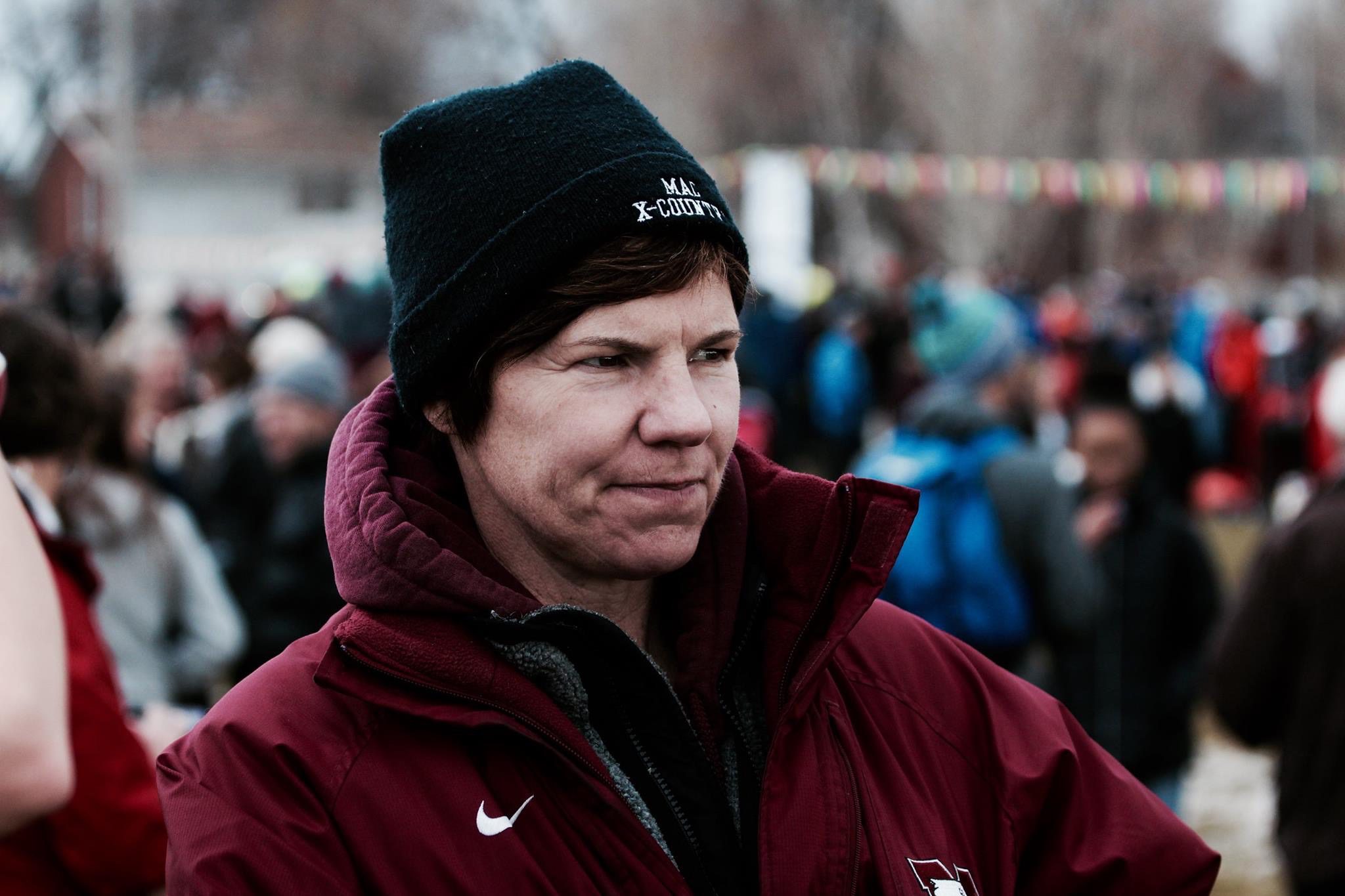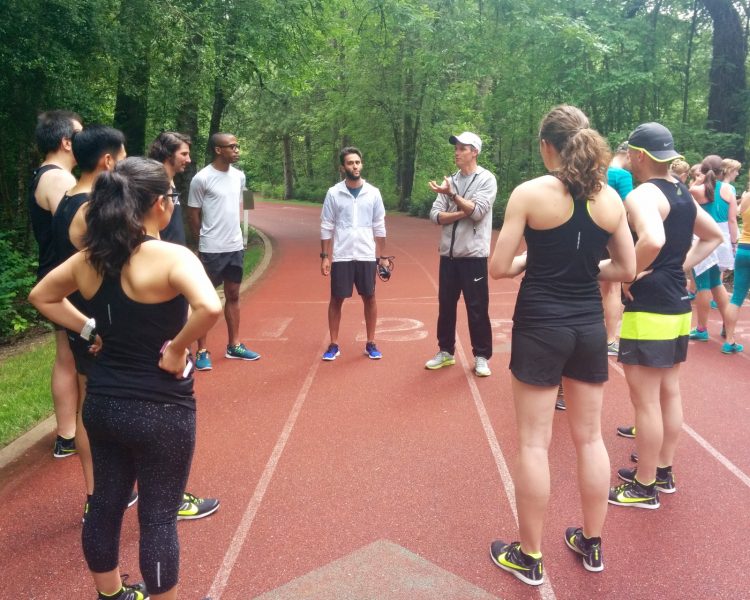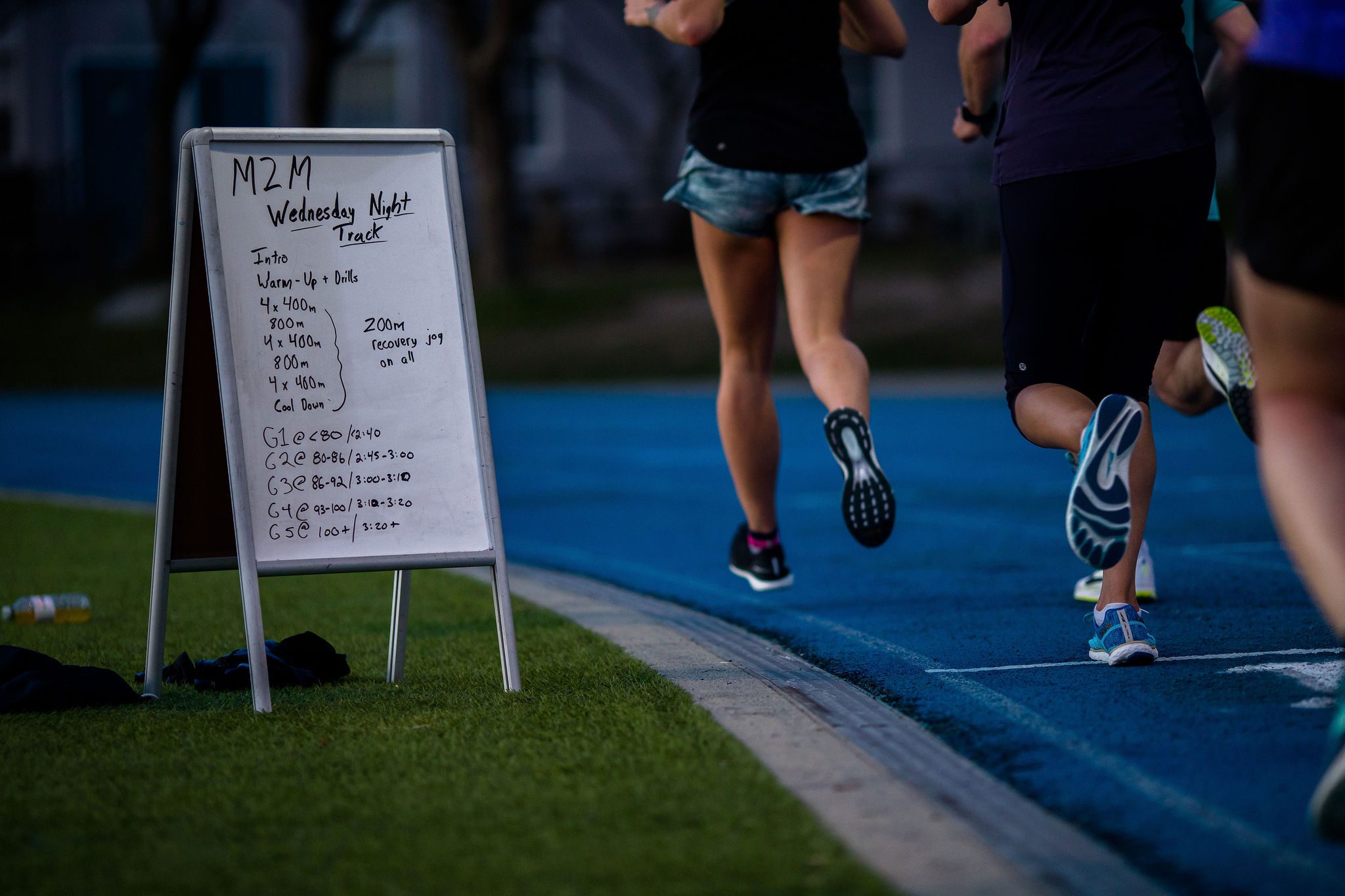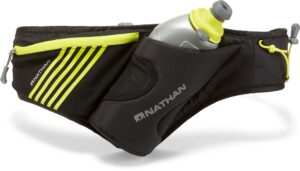How to find the right running coach
The right running coach can help you achieve running goals you never thought were possible

A coach is an essential part of an elite runner’s team, and you’d be hard-pressed to find any top athlete without one. Many non-elite runners, on the other hand, don’t see the point in having a coach — they aren’t, after all, chasing down records or trying to qualify for national teams. Still, if you have specific running goals you’re trying to achieve, a coach can be hugely beneficial in helping you get there regardless of how fast you are. The only problem is, how do you find the right one?
Finding a running coach who is a good fit for you can take time and patience, but the payoff could be crossing the finish line at your next race with a PB. With most races on hold at the moment, now is actually a great time to look for a coach, since there is no pressure to find them right away. Use the following tips to help you find the best coach for you.
RELATED: Now’s the time to use an online coaching service

Know what you’re looking for
The most important thing when looking for a running coach is finding one whose training philosophy aligns with yours. For example, if you tend to be a more low-mileage runner who likes to incorporate more cross-training into your plan, a coach who wants to put a ton of really long runs into your schedule is likely not going to work well for you.
This will require a bit of introspective work on your part. Think about your schedule, how much time you want to (or are able to) commit to training and what your specific goals are. When you hire a coach, you should be open to some new types of workouts and other changes (after all, you hired them because they’re the expert) but if you have a coach whose beliefs about training are completely different from your own, you likely won’t enjoy the process, which could ultimately affect your performance.
Once you’ve done that, a good way to actually find a coach is by looking for someone who’s similar to you. If you’re a masters athlete, a coach who’s close to you in age is probably a good bet, since they’ll have a better understanding of your needs. Similarly, if you’re a young mom, you may want to look for a female coach who also has children and understands the difficulties of training post-pregnancy and finding time for regular running.
RELATED: 8 reasons you need a run coach
Check out qualifications
There are a lot of recreational running coaches who train athletes based on what they’ve learned through their years as a runner, and some of them are very good. That being said, if you’re really serious about hitting your performance goals, you may want to look for a coach who’s certified. In Canada, the NCCP (National Coaching Certification Program) is the most widely-recognized certification. If you’re not sure what credentials the coach you’re considering has, the easiest way to find out is simply to ask.

RELATED: Coached training groups — a team effort
Ask around
Do any of your running buddies have a coach or know anyone who does? That is a great place to start looking, because you can ask the athlete questions about their experience, including how responsive or available the coach is, what a typical training plan looks like and what the rapport between the coach and the athlete is like.
You can also try asking for referrals at your local running store, since they often have their own coaches and likely know many other coaches in your area as well. University coaches often take on other athletes outside of their varsity schedule, so that’s another place to look.
Interview, interview, interview
Don’t be afraid to meet with a potential coach (online if necessary) multiple times to assess whether you think they’ll be a good fit. This will give you plenty of opportunities to ask them questions and get a feel for whether you think the two of you will get along. We recommend meeting with multiple coaching candidates as well before making your selection.
Athletic success does not make a good coach
It takes a lot more than simply running fast, or even training athletes who run fast, to make a great coach. Accolades don’t guarantee that someone will coach with kindness, understanding and respect, and also doesn’t mean they’ll fit well with your running philosophy.
RELATED: Canadian Running mourns the loss of legendary University of Windsor coach Dennis Fairall
Consider cost
There are hobby coaches who do it for free simply because they love the sport, and there are professional coaches who charge a fee. Depending on your goals or your financial situation, a hobby coach may make the most sense, and there are plenty of great ones out there. That being said, a professional coach will bring more professionalism to the arrangement, which may be better for you if you can afford it.

Trust your gut
Your instinct and intuition should be your first gauge of whether or not a coach is right for you, and you’ll likely be able to determine that in your first couple of interactions. If something feels off when you’re first getting to know them, that’s OK — just keep looking. When you find the right coach, you’ll know.
RELATED: 5 important tips for coaches and runners during COVID-19


